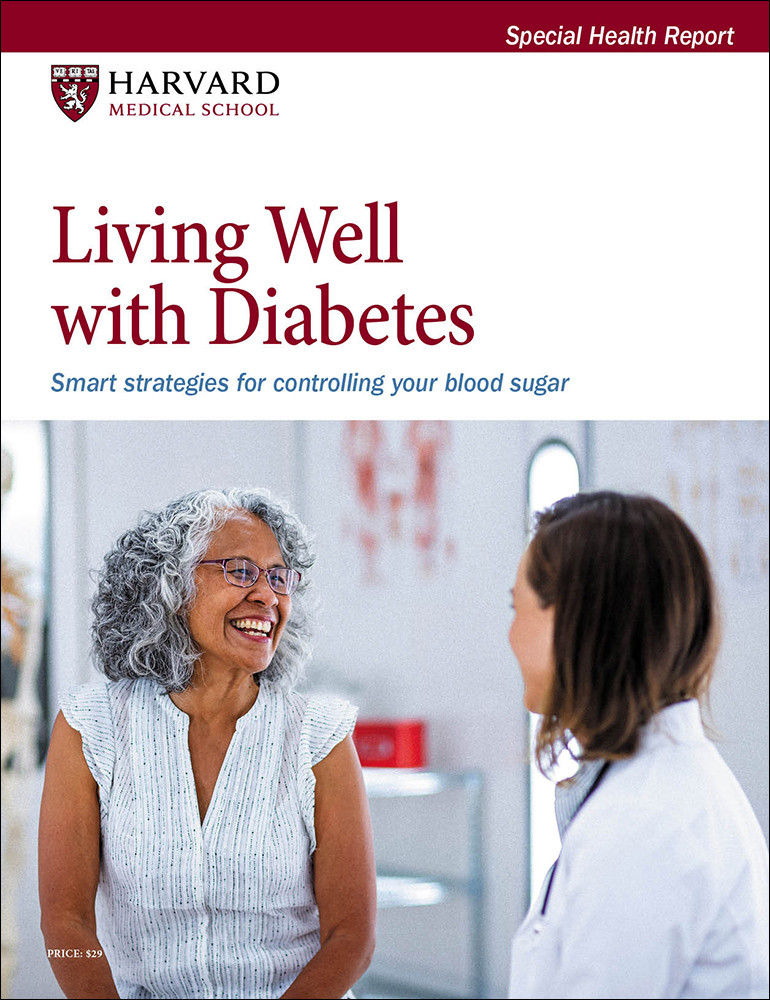Who should be tested for diabetes?
The American Diabetes Association (ADA) recommends that all adults be tested for diabetes beginning at age 35. Because being overweight or obese is so closely connected to diabetes, the ADA advises that younger adults with a body mass index of 25 or higher (or 23 or higher for Asian Americans) also get tested if they have one of the following additional risk factors:
- You have a mother, father, brother, or sister with diabetes.
- You are African American, Asian American, Hispanic American, Native American, or of Pacific Islander descent.
- You have a history of cardiovascular disease, such as a heart attack or stroke.
- You have blood pressure of 130/80 millimeters of mercury (mm Hg) or higher or are being treated with medication to lower blood pressure.
- You have abnormal blood lipid levels, such as low HDL cholesterol (below 35 mg/dL) or high triglycerides (over 250 mg/dL).
- You are physically inactive.
- You have polycystic ovary syndrome or a condition linked to insulin resistance, such as severe obesity, the skin condition acanthosis nigricans, or metabolic dysfunction–associated fatty liver disease.
If your results are normal, repeat the tests in three years. If you have prediabetes (an A1c level of 5.7% to 6.4% or a fasting blood sugar level of 100 to 125 mg/dL), get tested again in one year.













.jpg)